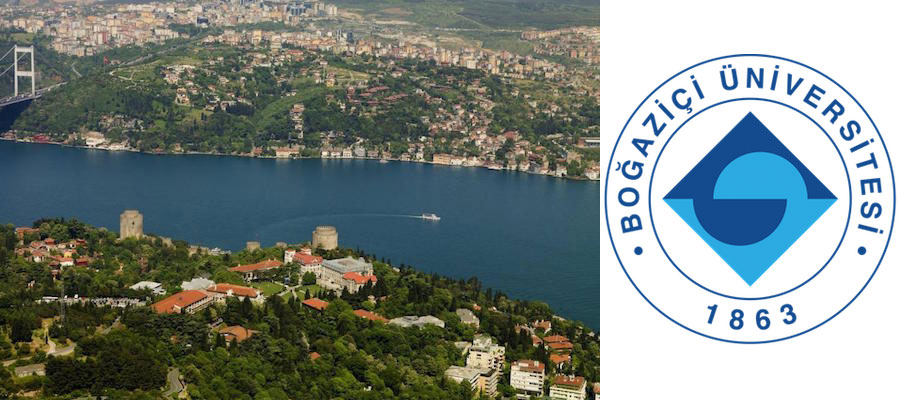Online Byzantine Greek Summer School, Boğaziçi University Online, August 5–16, 2024
The Byzantine Studies Research Center of Boğaziçi University is pleased to announce the organization of its seventh Byzantine Greek Summer School to be held online during 5–16 August 2024. Students will have the chance to participate in an intensive program in Medieval Greek with Prof. Niels Gaul. There is no fee for participation in the program, thanks to a generous grant from the Andrew W. Mellon Foundation.
The program is designed for upper intermediate level students, who have completed at least three semesters of college-level Classical Greek or its equivalent. Students are expected to have good knowledge of Greek grammar and be able to read moderately complex texts from ancient Greek or Byzantine literature. Daily classes are devoted to reading Byzantine texts of the learned register (e.g., Scriptores post Theophanem, Theophylaktos of Ohrid, Michael Choniates) with a (loose) focus on life in Constantinople.
Classes will be held online, from Monday to Friday, and will last three hours per day (15 hours per week). The language of instruction is English. The exact schedule will be agreed with those admitted to the course; no activities will be scheduled on weekends. Students will receive a certificate of participation upon successful completion of the program.
Eligibility
Graduate students and advanced undergraduates, as well as individuals with an academic interest in or a career relevant to Byzantine studies can apply, granted that they meet the requirements mentioned above. Priority will be given to graduate students in the field of Byzantine studies.
Instructor
Niels Gaul is A. G. Leventis Professor of Byzantine Studies at the University of Edinburgh. His current work focuses on the socio-political functions of (classicizing) learning in the medieval Roman polity, often from a comparative perspective, as well as Byzantine authorial manuscripts.
